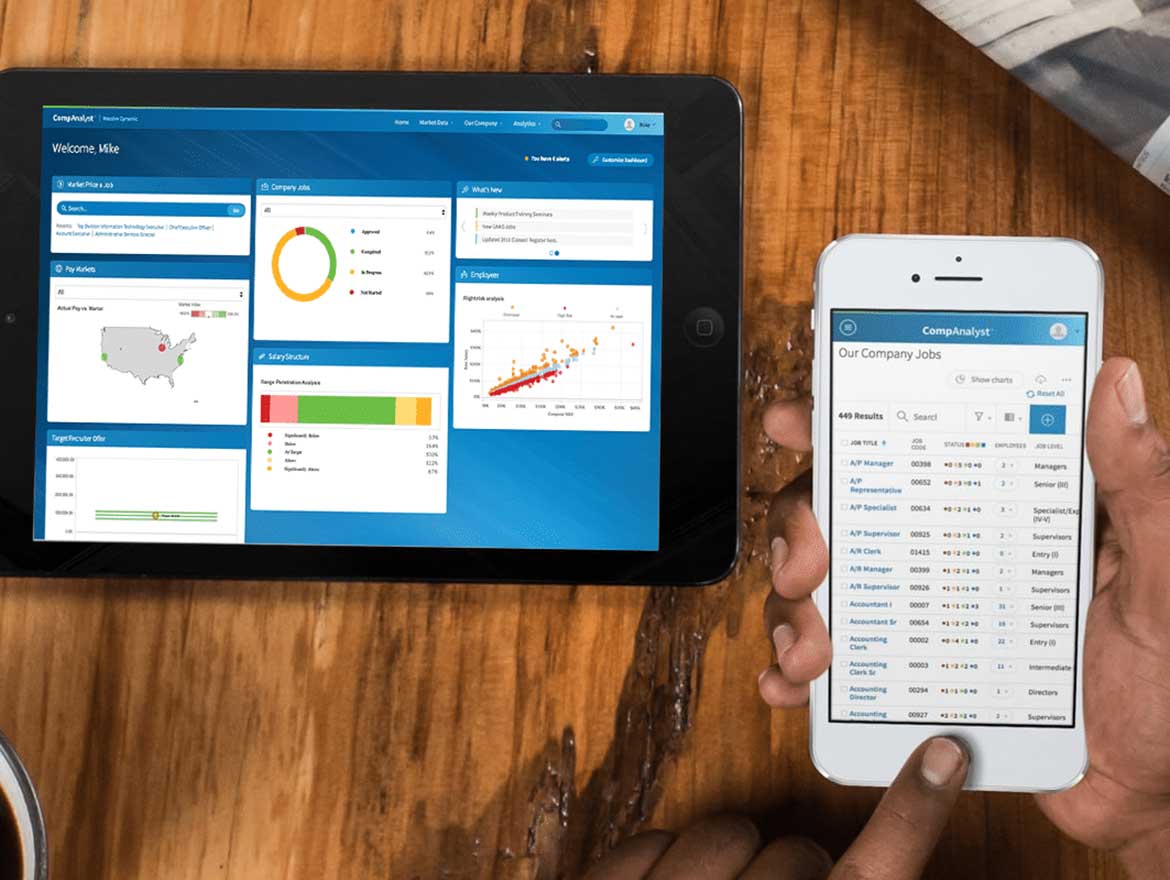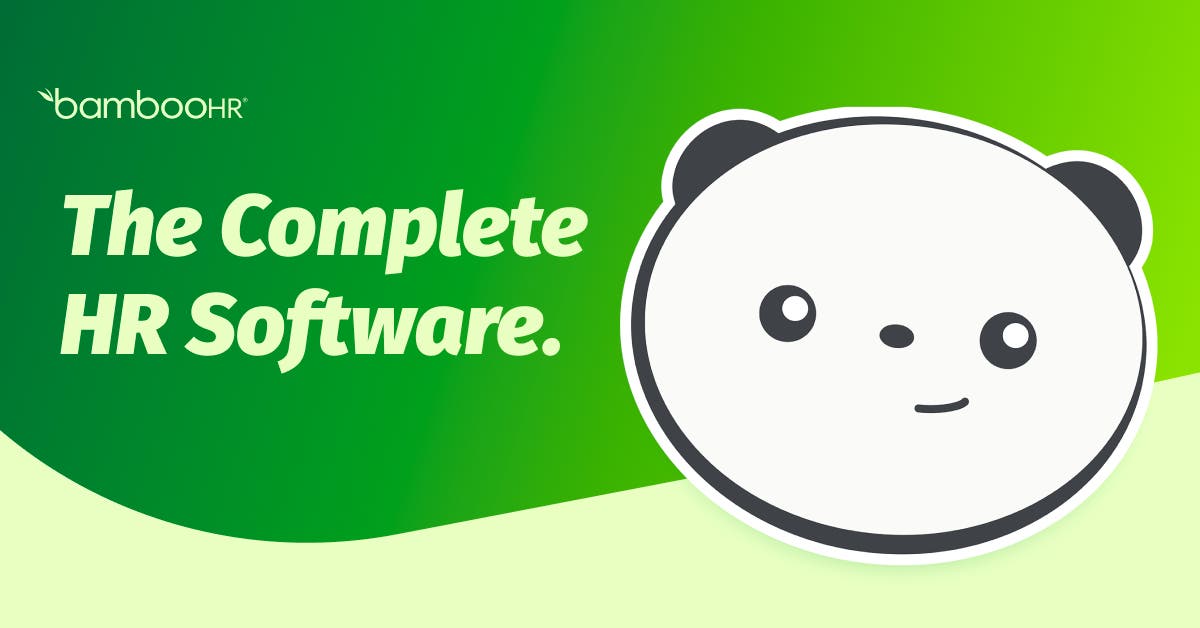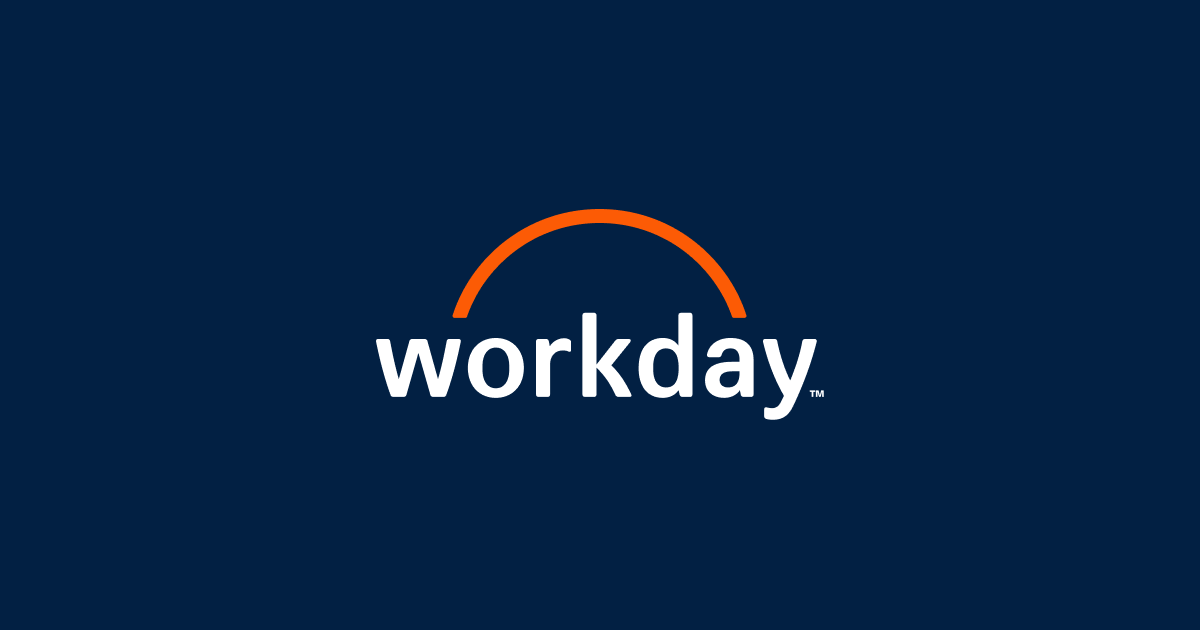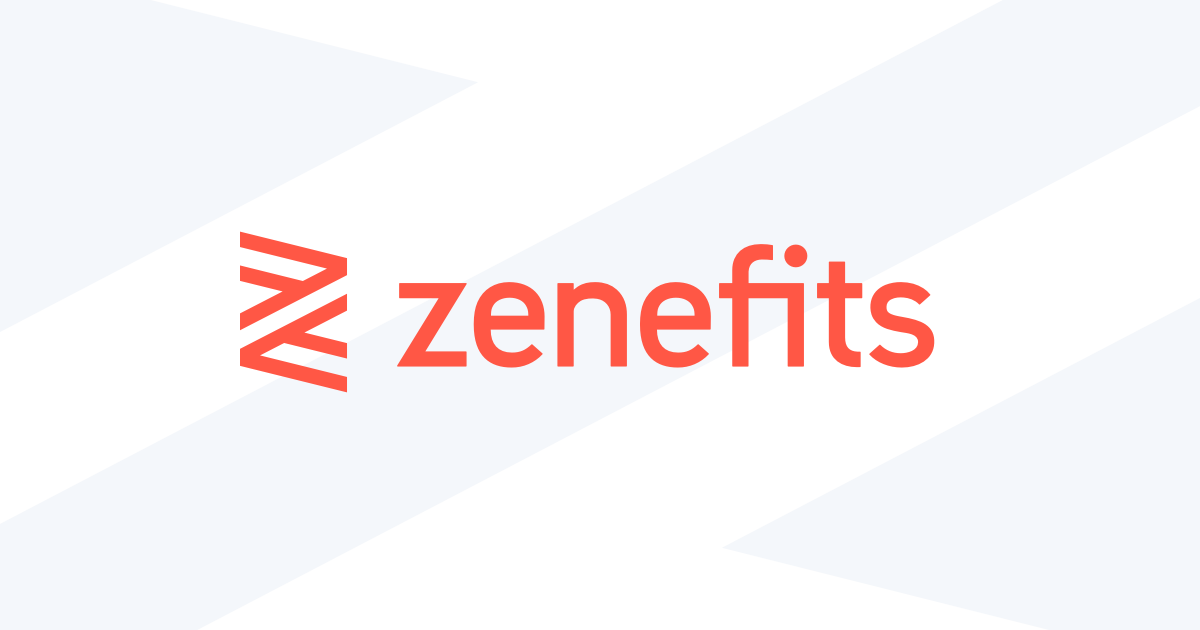Introduction
As the competition for talent intensifies, it is becoming increasingly important for companies to stay on top of market compensation trends and ensure they are paying employees competitively and fairly. Compensation management software provides the tools to research, analyze, design and administer compensation programs efficiently at scale. This blog evaluates the top 13 platforms based on functionality, ease of use, customization options, pricing and other factors to help identify the best solutions for benchmarking talent costs to the market in 2023.
Methods of Evaluation
Each compensation management software is evaluated based on the following conventional criteria: features and functionality, ease of use, customization, pricing and support. Additional weight is also given to more modern metrics like the number of backlinks, traffic and search volume for the keyword phrase to determine emerging leaders. Professional reviews, case studies and customer references are examined where available to assess real-world implementation experiences.
1. iCIMS Compensation
iCIMS Compensation is a compensation management solution from iCIMS, a global leader in talent acquisition and candidate experience solutions. iCIMS Compensation helps organizations benchmark, budget, and deliver competitive compensation as part of the complete job offer process.
Pros: Some key advantages of iCIMS Compensation include:
– Seamlessly positions compensation as part of the integrated iCIMS recruiting platform for a consistent candidate experience
– Advanced analytics and benchmarking tools to help analyze market pay rates and budget appropriate compensation
– Automates routine compensation tasks to help save time and reduce manual efforts
Cons: A potential disadvantage is that iCIMS Compensation requires being part of the broader iCIMS recruiting platform which has additional licensing and implementation costs compared to standalone compensation management solutions.
Pricing: Pricing for iCIMS Compensation is customized to business needs and includes both annual software licensing fees as well as professional services for implementation and support. Contact iCIMS sales for a personalized quote.
Some key stats about iCIMS Compensation include:
– Used by over 4,000 customers worldwide
– Covers over 150 different compensation components
– Benchmark data from over 250 salary surveys globally
2. Salary.com
Salary.com is a leading compensation data and software provider, offering compensation management solutions as well as benchmarking and survey tools. Founded in 1969, Salary.com provides HR professionals and companies insights into compensation best practices and market pay rates through its comprehensive, continually updated compensation survey database covering over 7,000 job titles globally.
Pros: Some key advantages of using Salary.com include:
– Extensive global compensation survey database covering over 7,000 job titles
– Advanced analytic tools and calculations for determining market pay rates
– Appealing option for companies that just need benchmarking and not full compensation management
Cons: A potential disadvantage is that Salary.com may not offer the full suite of compensation management features compared to dedicated compensation software for larger companies with complex needs.
Pricing: Salary.com offers various pricing plans depending on company size and needs, starting from $500 per year for basic survey access and benchmarking to customized enterprise pricing for larger organizations requiring compensation software and management modules.
Some key stats about Salary.com include:
– Over 50 years of experience conducting salary surveys
– Covers more than 7,000 job titles globally across different industries
– Database updated continually with new compensation market data
3. BambooHR
BambooHR is a leading HR software provider based in Lindon, Utah. Founded in 2008, BambooHR creates simple, beautiful software to help companies manage the entire employment lifecycle. With BambooHR, HR professionals and managers have tools to hire the best talent, onboard new employees, manage payroll and benefit plans, track time and attendance, and much more.
Pros: Some of the key advantages of BambooHR include:
– Powerful reporting and analytics dashboard
– Robust permission settings for compliance
– Capable yet affordable for companies of any size
– Modern and intuitive user interface
Cons: One potential disadvantage is that the onboarding and setup process can be time consuming for very large and complex organizations.
Pricing: BambooHR offers four pricing tiers:
– Essentials: $6 per user per month
– Select: $12 per user per month
– Elite: $18 per user per month
– Custom: Custom pricing for very large enterprises
Some key stats about BambooHR include:
– Used by over 20,000 companies worldwide
– Over 1 million users on the platform
– Integrations with over 150+ other business applications
– 24/7 live chat and phone support
4. Workday
Workday is a leading provider of cloud-based financial management and human capital management software. Founded in 2005, Workday helps thousands of organizations worldwide effectively manage their HR, finance, planning and analytics in one system. Workday’s comprehensive compensation management module allows companies to automate and streamline compensation planning, modeling, and analysis.
Pros: Key advantages of Workday’s compensation management solution include:
– Very robust and configurable platform that can support complex compensation needs of large global organizations.
– Strong analytics capabilities for benchmarking compensation against the market.
– Wide variety of pre-built integrations to other core HR systems, payroll providers, and talent platforms.
Cons: One potential disadvantage is that Workday focuses only on larger enterprise customers rather than smaller businesses due to its scale and robust feature set.
Pricing: Workday pricing is typically based on the number of users/employees that need to be on the system. It offers both annual and multi-year subscription options. Pricing starts from $45 per user per month for the basic HR and finance apps. Additional modules like compensation require separate seat licenses that can range from $25-$85 per user per month depending on the plans and number of users.
Some key facts about Workday’s compensation management software include:
– Used by over 7,000 organizations globally across industries like healthcare, professional services, manufacturing and more.
– Manages compensation for over 15 million employees worldwide.
– Integrates with over 400+ apps and systems like payroll providers, talent platforms, and CRM solutions.
– Serves large enterprises with workforces of over 100,000 employees.
5. SAP SuccessFactors
SAP SuccessFactors is a leading cloud-based human capital management (HCM) software provider. Founded in 2001, SuccessFactors offers a comprehensive and fully integrated suite of HCM applications including core HR, benefits administration, payroll processing, and talent management. With over 6,000 customers worldwide, SuccessFactors is one of the largest HCM software vendors in the world.
Pros: Key advantages of SAP SuccessFactors compensation management software include:
– Offers a comprehensive set of HR capabilities beyond just compensation including core HR, benefits, payroll, and more
– Strong analytics and reporting tools to analyze compensation spend
– Integrates well with other SAP applications used by many large enterprises
Cons: A potential disadvantage is the software’s high total cost of ownership (TCO) due to steep licensing fees which can make it prohibitive for smaller businesses with fewer users.
Pricing: Pricing for SAP SuccessFactors is based on the size of the organization, number of users, and specific modules implemented. Licensing fees start at $150 per user per year for basic compensation management functionality.
Some key stats about SAP SuccessFactors include:
– Over 6,000 customers globally including large enterprises like Airbus, Anthropic, and Daimler
– Supports over 100 million users
– Processes payroll for over 1 billion employees each year
– Integrates with SAP’s broader ERP applications which are used by many large multinational companies
6. Zenefits
Zenefits is a leading provider of compensation management and HR software. Founded in 2013 and based in San Francisco, Zenefits offers a full suite of people management tools to help organizations streamline HR processes. The platform aims to make HR and payroll simpler through automation.
Pros: Some key advantages of the Zenefits platform include:
– Full suite of integrated HR tools like benefits enrollment, payroll, time tracking in one dashboard
– Automated workflows and tasks to save HR teams significant time
– Competitive all-in-one pricing ideal for small to mid-sized businesses
– Easy-to-use interface optimized for mobile use by employees
Cons: One potential disadvantage is the platform may not be as fully-featured for the needs of very large enterprises with more than 5,000 employees.
Pricing: Zenefits offers affordable fixed-rate pricing starting at $6 per employee per month for basic HR and benefits tools. Additional services like payroll processing are priced separately. Discounted rates are available for annual or multi-year subscriptions.
Some key stats about Zenefits include:
– Over 8,000 customers globally across various industries
– Supports compensation management and payroll for companies with up to 5,000 employees
– Over 400 integrated payroll providers for accurate wage processing
– Named one of the fastest growing private companies by Inc. Magazine
7. Paycor
Paycor is a leading provider of human capital management (HCM) software. Founded in 1990 and headquartered in Cincinnati, Ohio, Paycor focuses on providing HR services and solutions to small and medium sized businesses. With over 30 years of experience, Paycor has become a trusted name in compensation management solutions.
Pros: Paycor’s compensation management software has several advantages including a streamlined implementation process, excellent support and customer service, and a wide range of compensation and benefits options. The solution allows organizations to easily create and manage compensation plans, run what-if scenarios, perform salary benchmarking, and implement merit increases and incentives.
Cons: As with any software, implementing a new solution requires some training and adjustments. The initial setup and configuration may take more time for larger or more complex organizations. Pricing is also scaled based on business size and number of users.
Pricing: Paycor offers flexible pricing based on business needs with options starting at $7 per user per month for their basic compensation management functionality. Additional premium features and services are priced based on the solution selected and number of users. Free trials and consultations are available to help organizations determine the right solution and pricing tier.
Some key stats about Paycor’s compensation management solution include: supports over 25,000 organizations, over 1 million total users, average client experience rating of 4.5/5 stars based on over 1,800 client reviews.
8. Bullhorn Compensation
Bullhorn Compensation is a leading compensation management software solution developed by Bullhorn, the largest provider of applicant tracking systems (ATS) for the staffing and recruiting industry. With over 20 years of experience working with thousands of staffing agencies worldwide, Bullhorn offers deep expertise in helping agencies manage all aspects of their operations, including compensation.
Pros: Key advantages of Bullhorn Compensation include:
– Leading ATS provider with deep compensation functionality built-in
– Robust analytics and benchmarks for modeling compensation offers against real-time talent market costs
– Tracks compensation spending in real-time to monitor budgets and forecast costs
– Seamless integration with Bullhorn ATS for end-to-end recruitment process visibility
Cons: Potential disadvantages could include the need for an existing Bullhorn ATS implementation and a lack of flexibility to use standalone from other vendor systems due to its tight integration model.
Pricing: Bullhorn Compensation pricing is subscription-based ranging from approximately $200 – $400 per user per month based on agency size and requirements. Volume discounts are available for enterprise customers. Additional storage, support and customization services are sold separately.
Some key stats about Bullhorn Compensation include:
– Used by over 10,000 recruitment agencies globally
– Options to import, calculate and model over 200 compensation plans
– Tracks compensation spend throughout the full recruitment process
– Integrates seamlessly with Bullhorn’s ATS for a unified solution
9. Paycom
Paycom is a leading provider of comprehensive HR software and services, including comprehensive compensation management capabilities. Founded in 1998 and headquartered in Oklahoma City, Paycom offers online payroll, HR and talent management solutions for both large and small businesses. Their full suite of solutions help organizations manage the entire employment lifecycle from recruitment to retirement.
Pros: Some key advantages of Paycom’s compensation management capabilities include:
– Straightforward onboarding experience
– Strong mobile app for managers and employees
– Covers core HR, payroll and compensation needs in a single integrated solution
Cons: One potential disadvantage is a lack of advanced analytics and reporting capabilities compared to some specialized compensation management solutions.
Pricing: Paycom offers flexible pricing plans starting at $35 per employee per month for fully loaded payroll and HR solutions.
Some key stats about Paycom include:
– Over 24,000 customers globally
– Processes payroll for over 1 million employees each week
– Over $2 billion in annual payroll processed
– Named one of Forbes ‘ Best HR Tech Companies in 2020
10. Namely
Namely is a leading compensation management and HR software. Founded in 2012, Namely provides organizations of all sizes with an all-in-one HR platform to simplify and streamline people processes. Namely serves over 1,500 customers across industries and has over 200 employees worldwide.
Pros: Key advantages of Namely’s compensation management software include:
– Intuitive and modern interface that is easy for both HR professionals and employees to use
– Streamlined navigation and workflows to simplify compensation planning processes
– Robust compensation planning capabilities including variable pay, bonuses, and equity grants
– Ability to develop compensation plans, job levels, and perform compensation benchmarking and analysis
Cons: While Namely is considered a leader in compensation management and HR software, one potential disadvantage is the pricing, which can be higher than some other options depending on the organization’s needs and employee headcount.
Pricing: Namely offers pricing tailored to organizations of different sizes. Pricing starts at $6 per employee per month for basic features and scales up based on employee headcount and desired functionality. Additional options like equity management and variable pay capabilities are priced separately. Free trials and custom quotes are available on the Namely website.
Some key stats about Namely include:
– Over 1,500 customers in a variety of industries
– Over 200 employees globally
– Features comprehensive HR capabilities including payroll, benefits administration, compliance, and analytics
– Named a leader in compensation management software by Gartner for multiple years
11. Ultimate Software
Ultimate Software, known as UKG, is one of the largest HR software providers, employing over 6,000 professionals worldwide. Founded in 1990, the company provides cloud-based HR, payroll, and workforce management solutions for organizations of all sizes. With over 50,000 customers ranging from small businesses to Fortune 100 companies, UKG helps companies manage their workforce and optimize their operations. Their full-featured compensation management module is a popular choice for mid-large sized companies looking for an integrated solution.
Pros: Key advantages of UKG’s compensation management software include:
– Fully integrated with HRIS, allowing seamless data sharing across modules
– Robust analytics and reporting capabilities to benchmark compensation data
– Flexible model designs to accommodate complex business rules and approval workflows
– Intuitive user interface optimized for both managers and executives
Cons: One potential disadvantage is the software requires implementation services and occasional upgrades which can increase total cost of ownership compared to simpler solutions.
Pricing: UKG offers flexible pricing models starting at $50 per employee per month for essentials packages. Implementation, customization, and annual support services are sold separately. Volume discounts are available for larger deployments.
Some key stats about UKG’s compensation management software:
– Over 10,000 customers use their compensation module worldwide
– Integrated with UKG’s HR, payroll and talent management solutions
– Supports over 350 predefined report templates out of the box
– Continuously updated based on changing compliance regulations
12. Paycheck City
Paycheck City is an online payroll processing service designed for small businesses. Founded in 2009 and based in Denver, Colorado, Paycheck City aims to provide an affordable and easy to use solution for businesses to handle payroll processing and HR tasks.
Pros: Some key advantages of Paycheck City include: – Competitive pricing plans with no long term contracts – Simple and intuitive user interface makes payroll processing a breeze – Mobile apps allow accessing payroll features from any device – Integrated HR features like time tracking and PTO management
Cons: One potential disadvantage is that the payroll processing is fully web-based, so an internet connection is required to access features and run payroll.
Pricing: Paycheck City offers simple pay-as-you-go pricing starting at $25 per month for their Basic plan. Additional employee payroll processing is $4 per employee. They also offer Premium and Elite tier plans with additional features priced at $50 and $100 per month respectively.
Some key stats about Paycheck City include: – Processes payroll for over 50,000 US businesses – Supports payroll in all 50 US states – Offers a mobile app for iOS and Android
13. Reward Gateway
Reward Gateway is a leading employee engagement platform that helps organizations design and deliver non-cash reward and recognition programs. Founded in 2001, Reward Gateway serves over 2,000 customers worldwide, empowering over 3 million users. The platform aims to simplify employee engagement initiatives and bring different solutions like rewards, recognition, communications and benefits together in one centralized place.
Pros: Some key advantages of Reward Gateway include:
– Widely adopted platform for designing flexible non-cash rewards programs
– Seamlessly integrates with compensation, performance and other HR systems
– Provides apps and portals to engage and recognize employees across devices
– Highly configurable to meet unique business needs of organizations
Cons: A potential disadvantage is that the extensive customization options may require more time and resources to fully leverage the platform.
Pricing: Reward Gateway offers flexible pricing plans starting from $4 per user per month for basic functionality up to customized enterprise plans. Additional fees may apply for premium integrations, support and consulting services.
Some key stats about Reward Gateway include:
– Over 2,000 customers globally across all industries
– Manages rewards programs for over 3 million employees
– Available in 11 languages to support global customers
– 20 years of experience in the employee recognition space
Conclusion
While there is no single best solution, this evaluation highlights the leading options for companies of various sizes and budgets looking to streamline compensation planning, analyze market pay rates and benchmark talent costs effectively in 2023. Proper compensation strategies are critical for attracting, retaining and motivating top talent – the platforms featured provide tools to research, design and optimize compensation programs relative to the constantly evolving market.
















